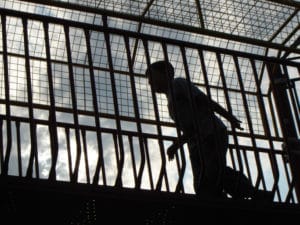
Several things may happen when a minor is arrested
When a person under the age of 18 is arrested in California, a number of things may happen. The police may record the arrest and release the accused, they may send the accused to an agency that cares for and / or counsels the person in question, they may require the person to return to the police station (this is referred to as being “cited back”), the juvenile may be given a “notice to appear” that specifies details of the arrest and when they must next appear in court, or they may put the juvenile in detention.
When a juvenile is arrested, they get two phone calls. The first call they make must be to either a parent or guardian, another type of relative, or a boss. Their second call must go to an attorney. The officer who arrested the individual is required to contact the parents or guardians of the minor. The minor is also entitled to be alerted about their Miranda rights, just like an adult would be.
The basics of juvenile court proceedings
The specific way in which your child’s case will be held will vary based on the charges against them, their previous experience with the courts, and other factors. Your child may have a series of hearings including a detention hearing to determine if their case will be kept in juvenile court or sent to adult court, disposition hearing where a sentence is given out, adjudication, which is essential the trial because juvenile cases are tired by judges and not juries.
Potential sentences for juveniles convicted of a crime
The judge will hand down a sentence based on the age of the convicted, how serious the crime was, the criminal record of the convicted, and other factors. The judge may require the convicted to live with guardians under court supervision, they may put the convicted on probation, they may send the convicted to a probation camp, or they may send them to juvenile hall.
If sent to juvenile hall, they’ll be sent first to a reception center where they’ll stay for one to two months. This is to determine what type of education and / or treatment the convicted requires.
You must work with an experienced attorney
If your child has been arrested then you absolutely need to reach out to a criminal defense attorney right away. We must make sure that the case stays in juvenile court, that your child is given a fair trial, and that short-term and long-term consequences are minimized. Contact Chambers Law Firm at 714-760-4088 right away to get a legal consultation.




